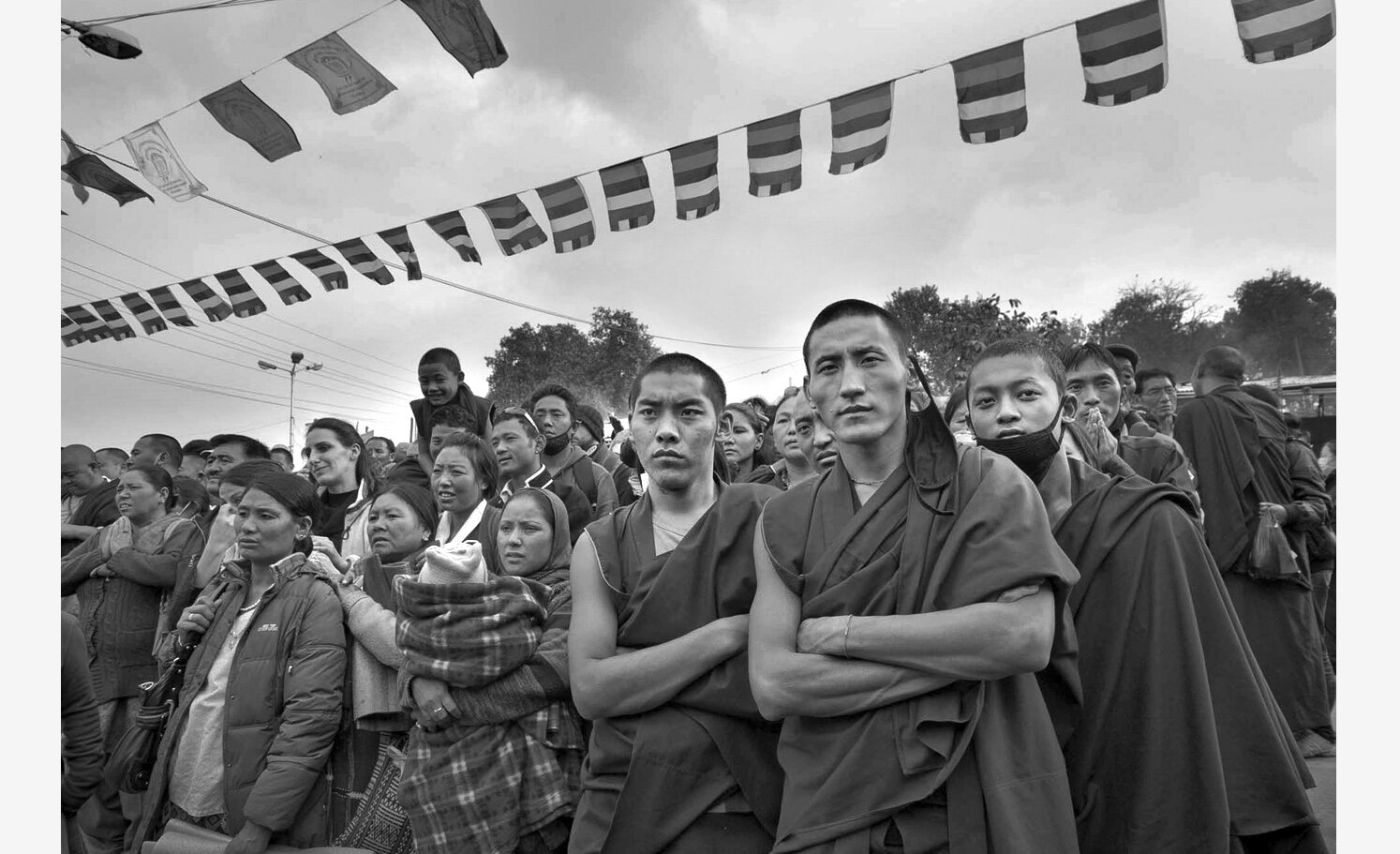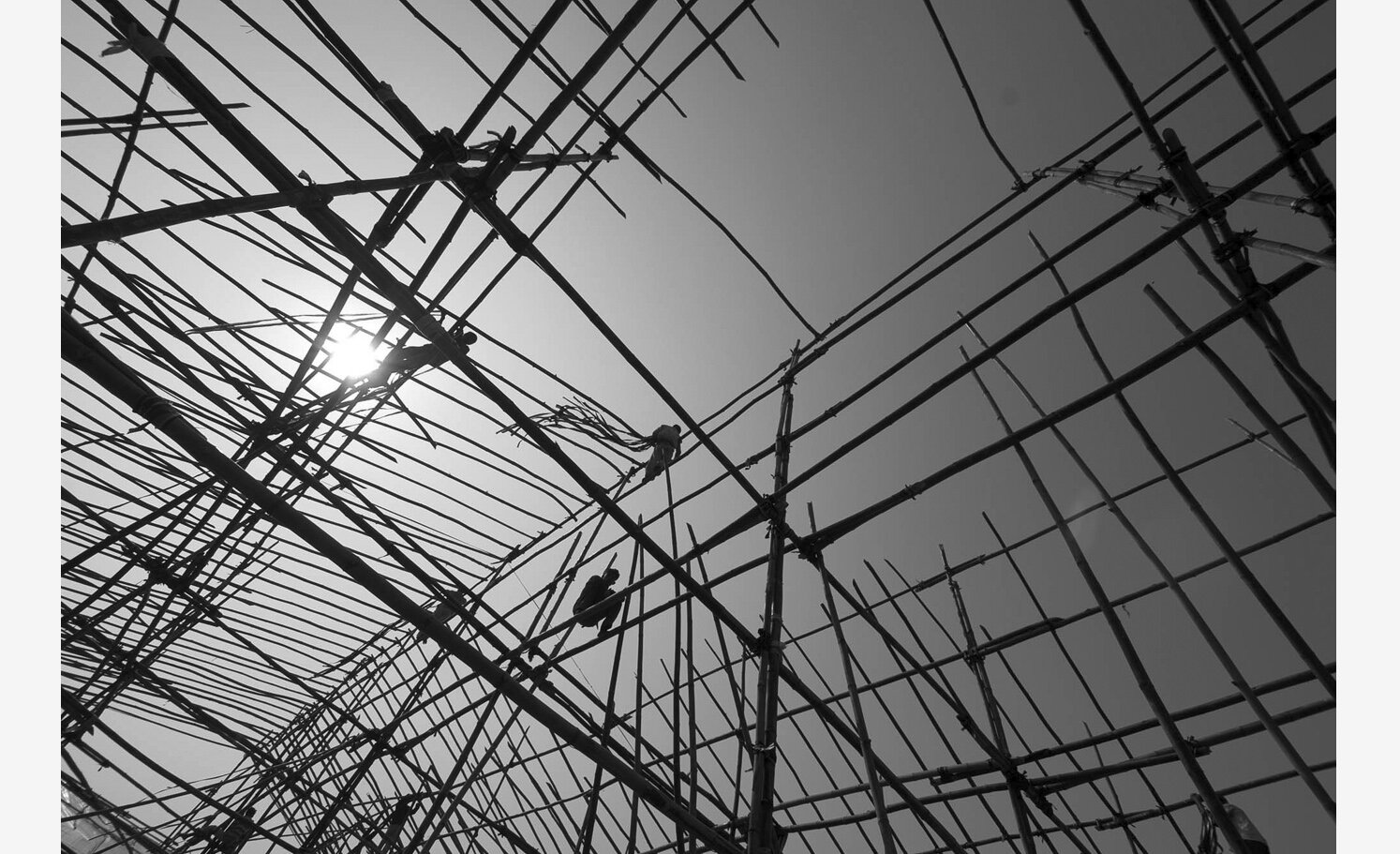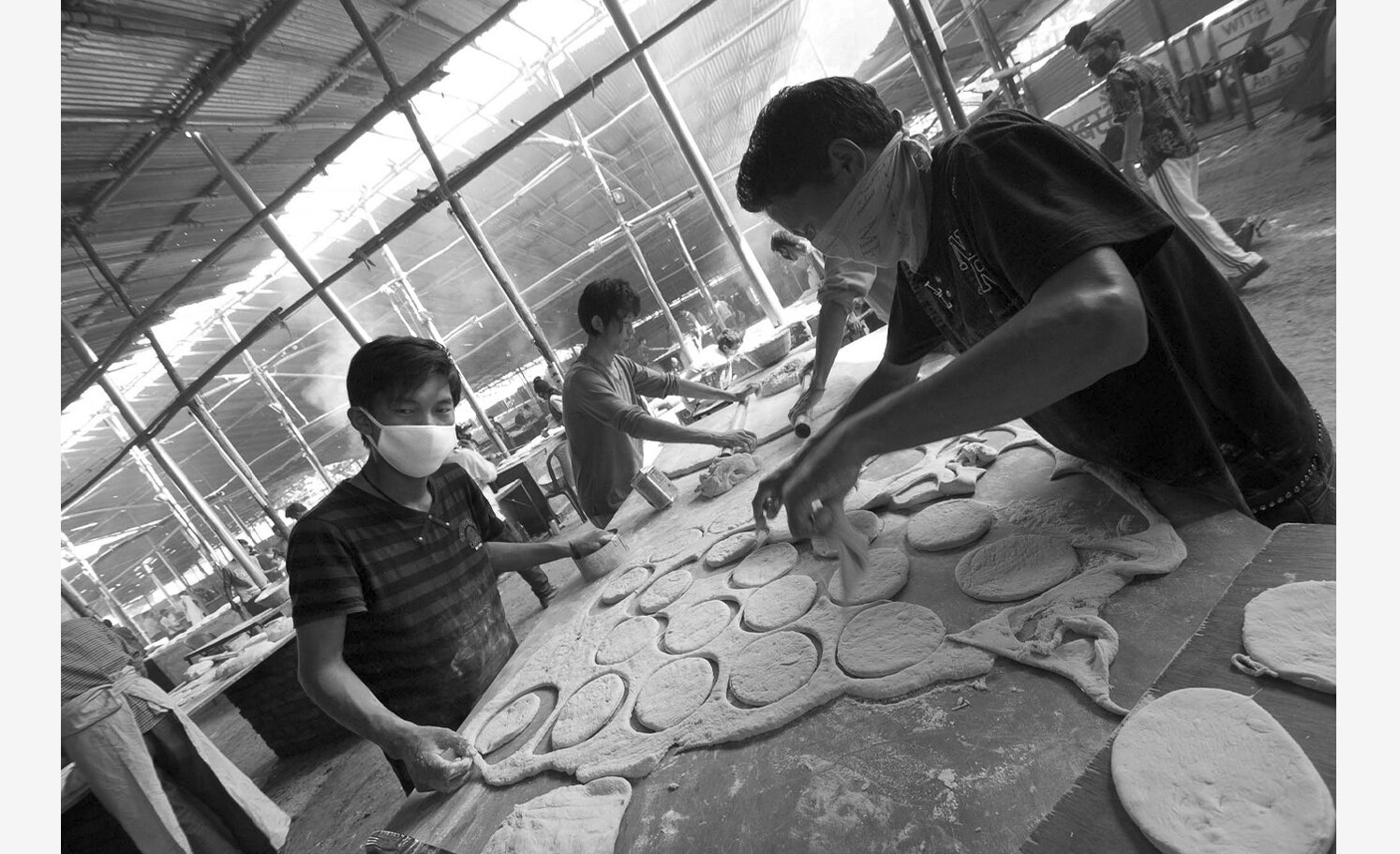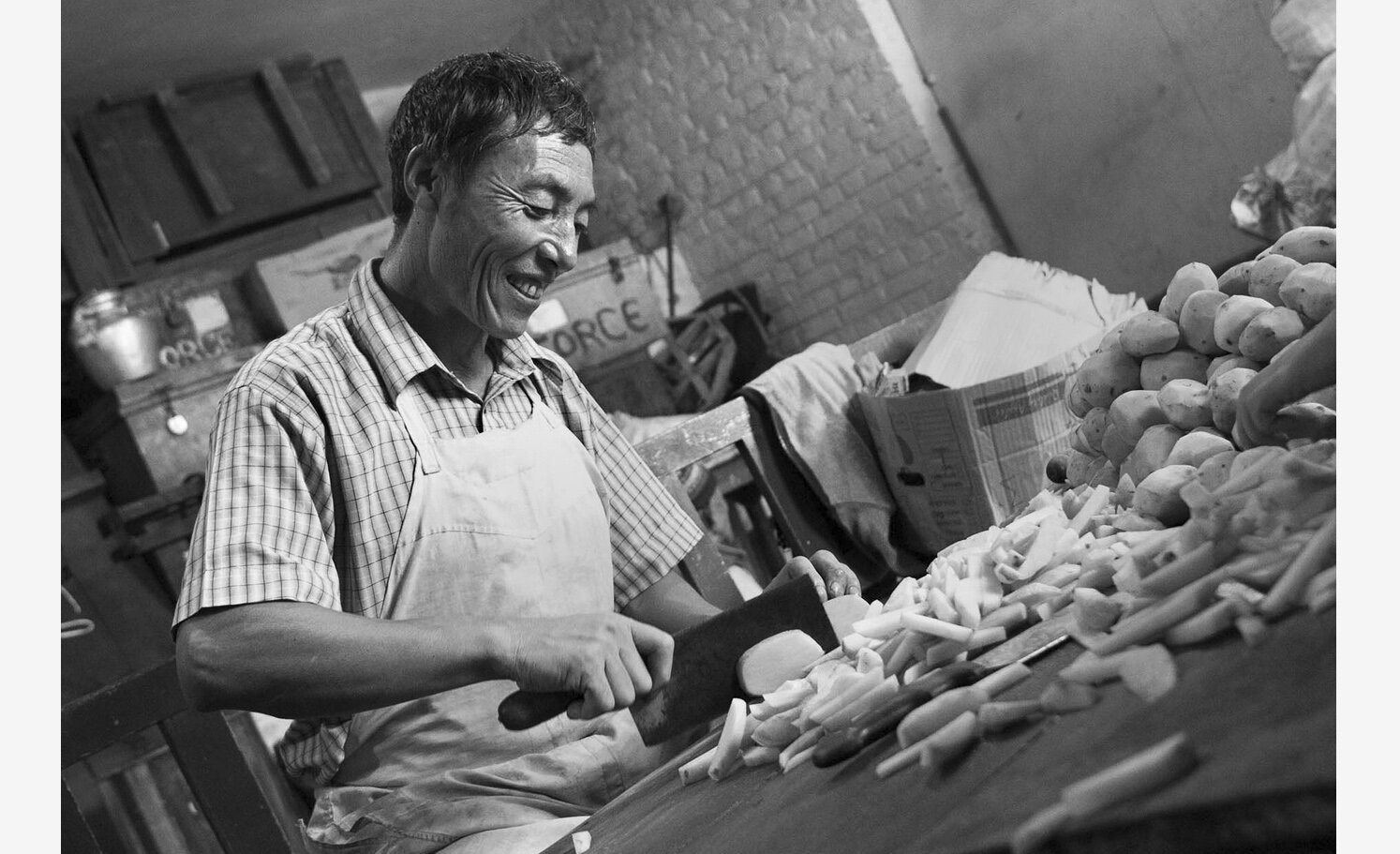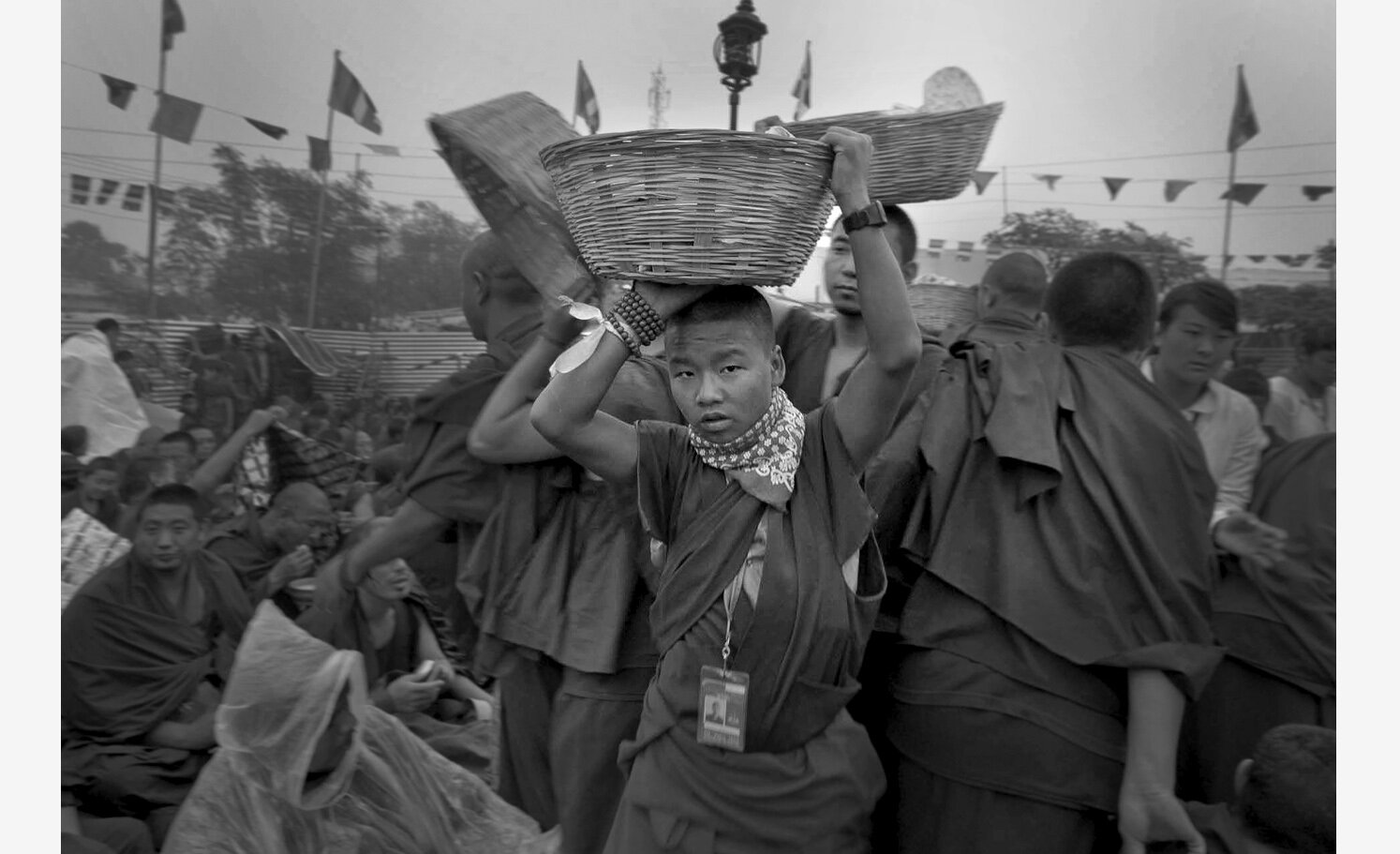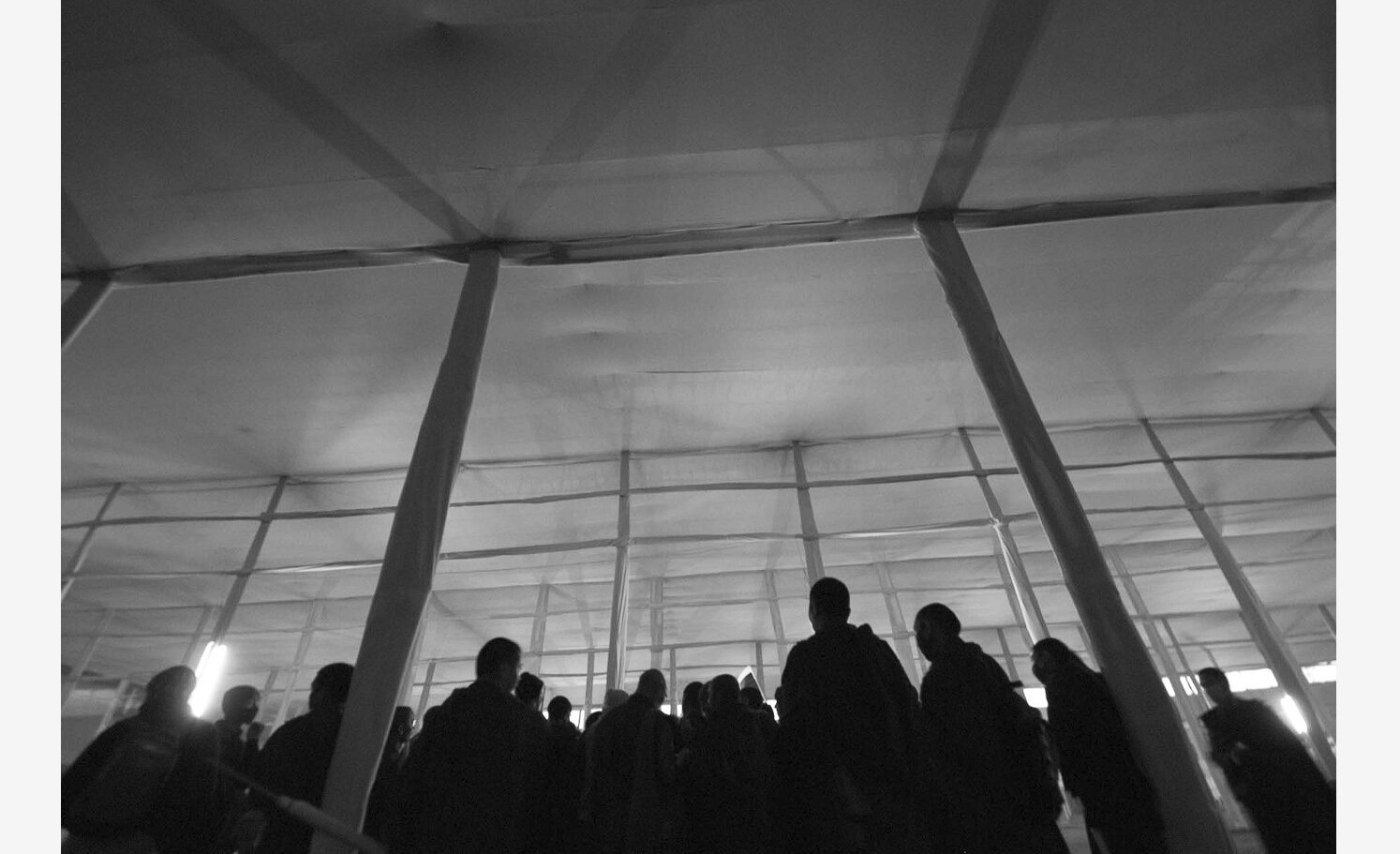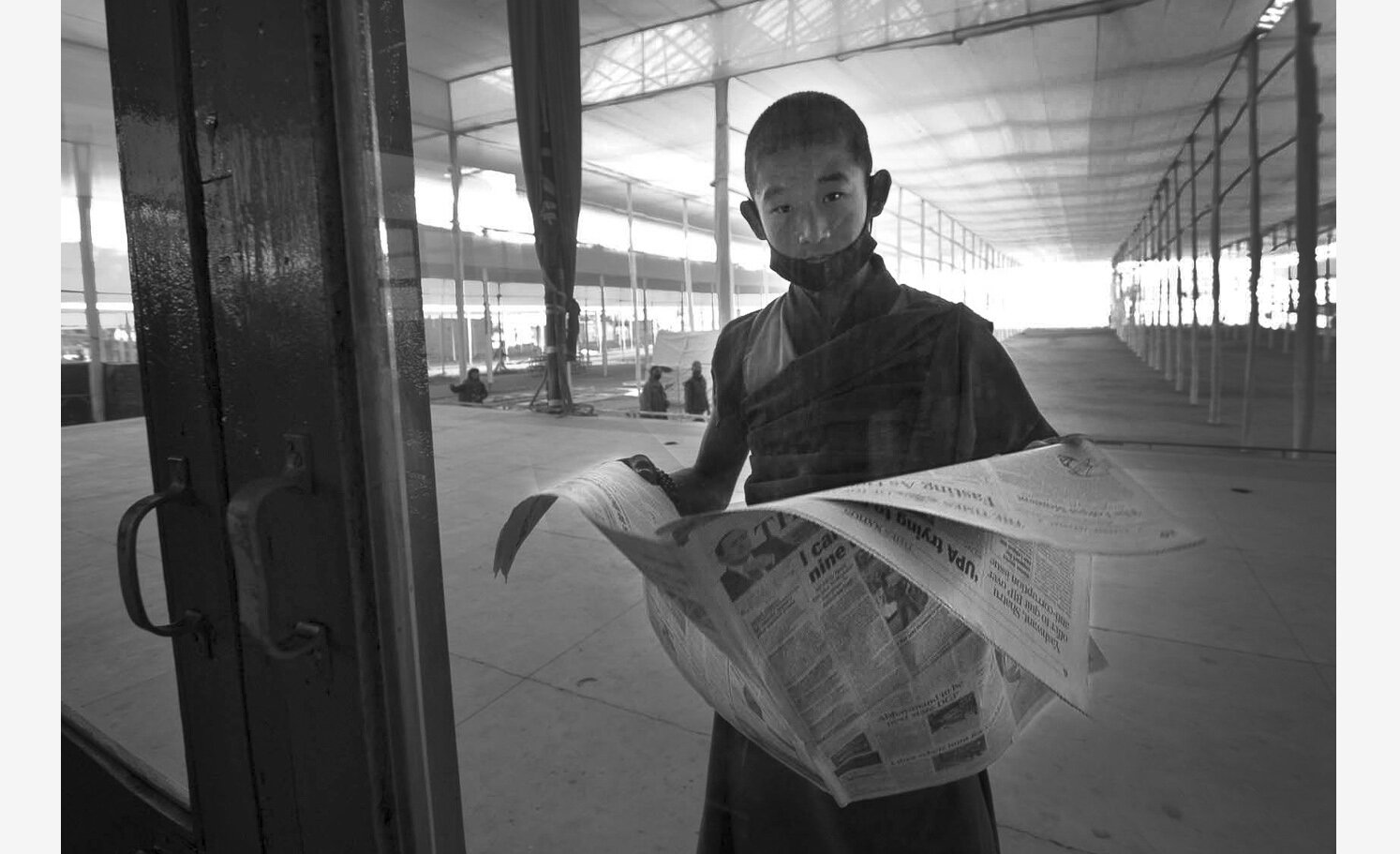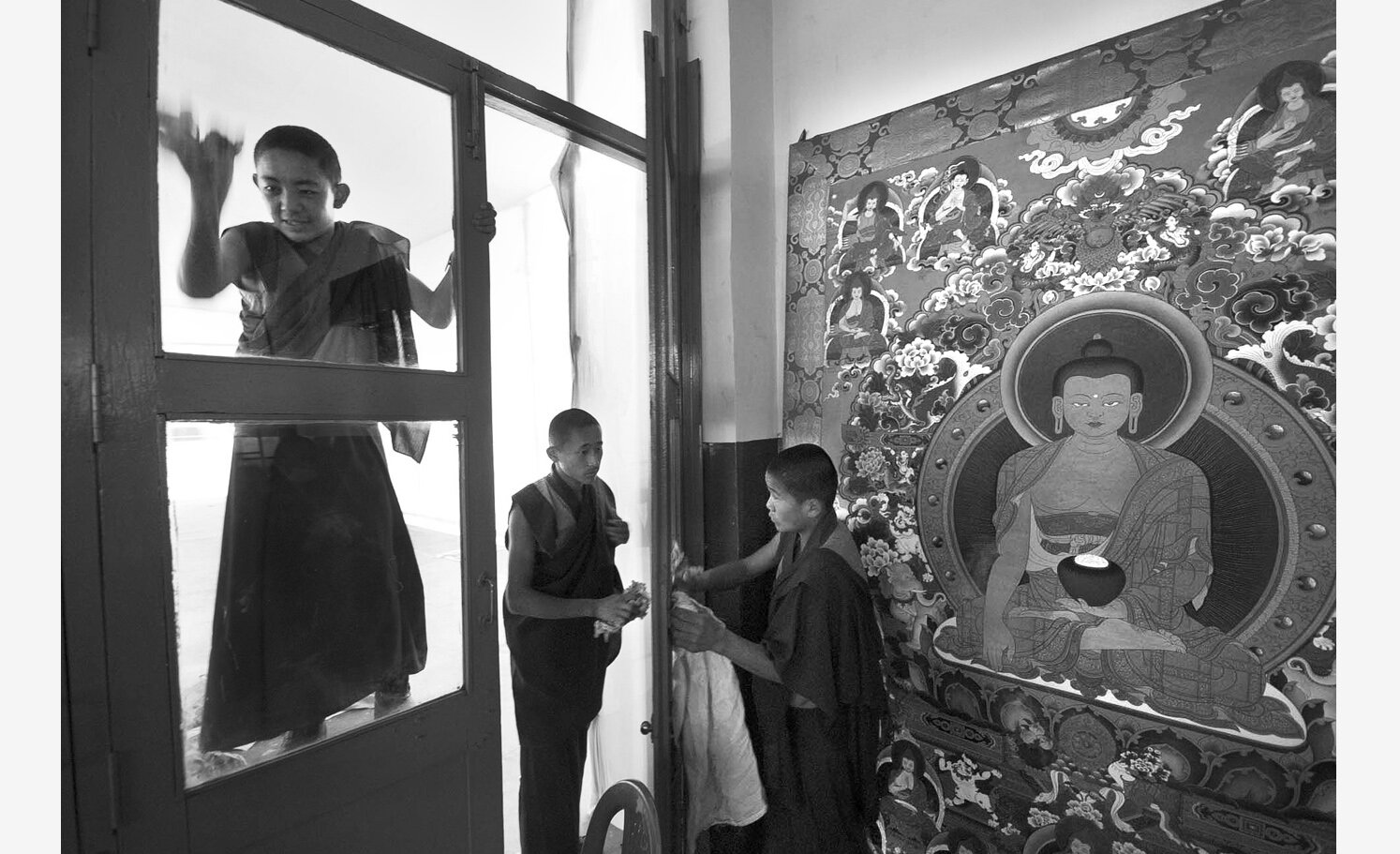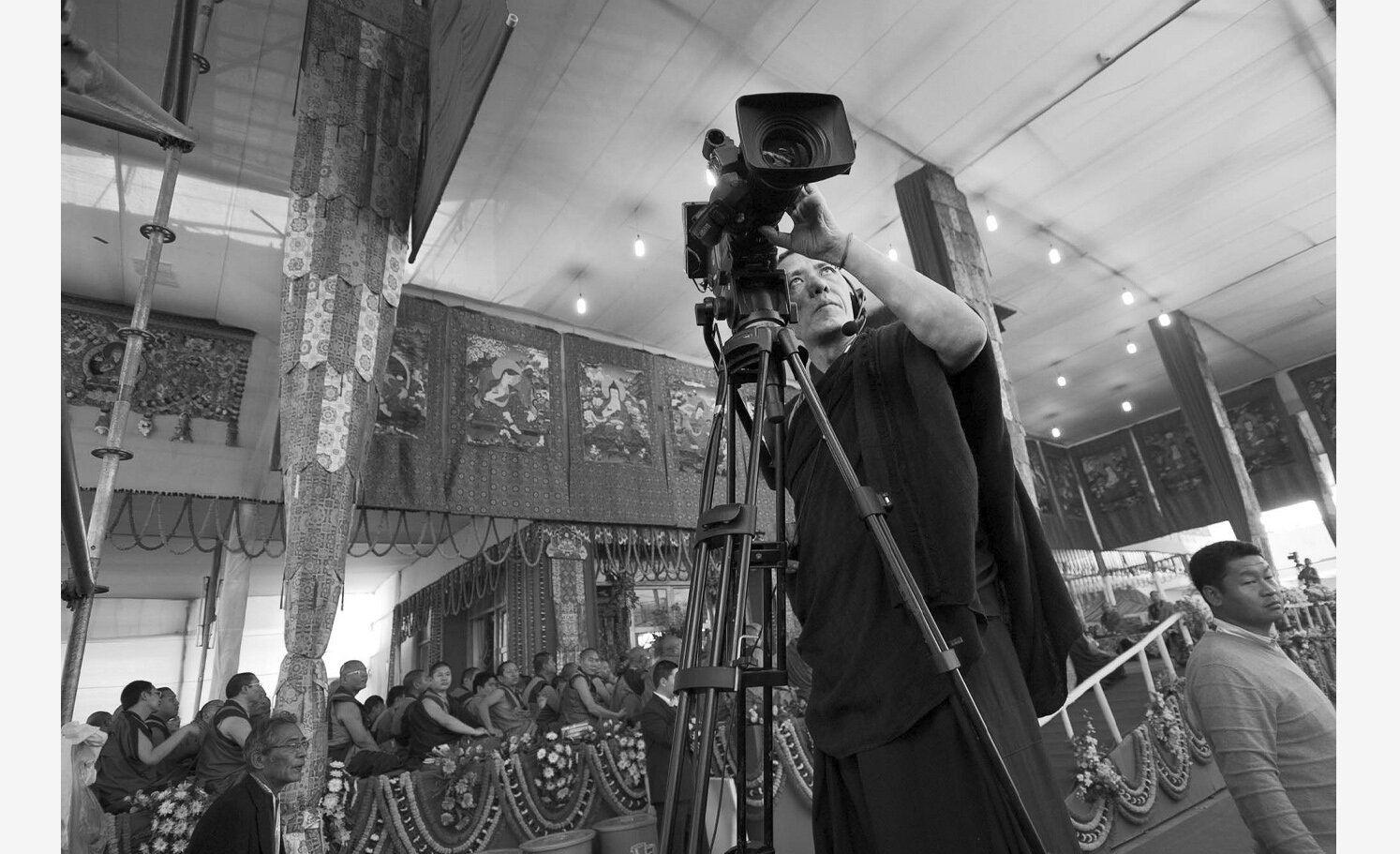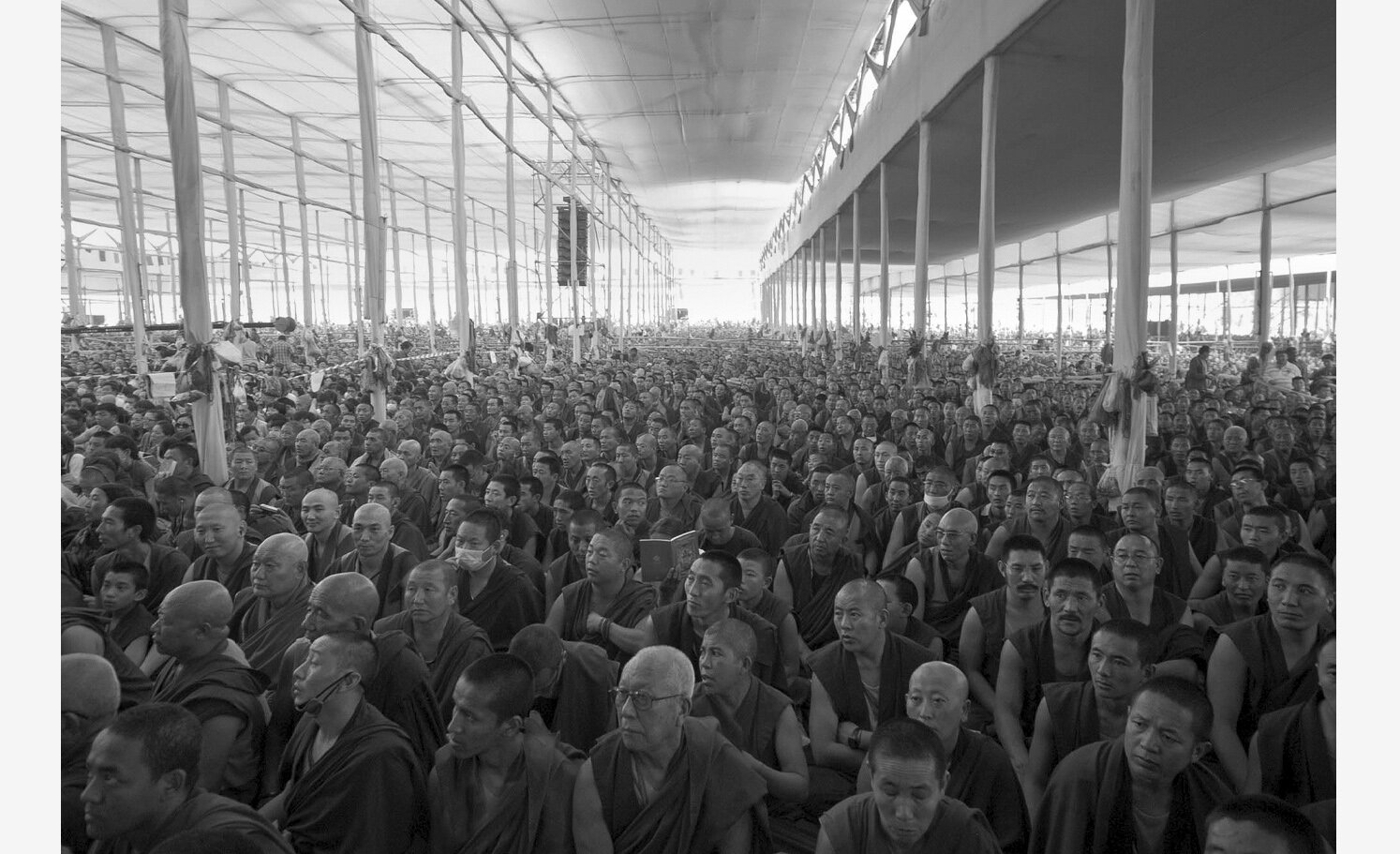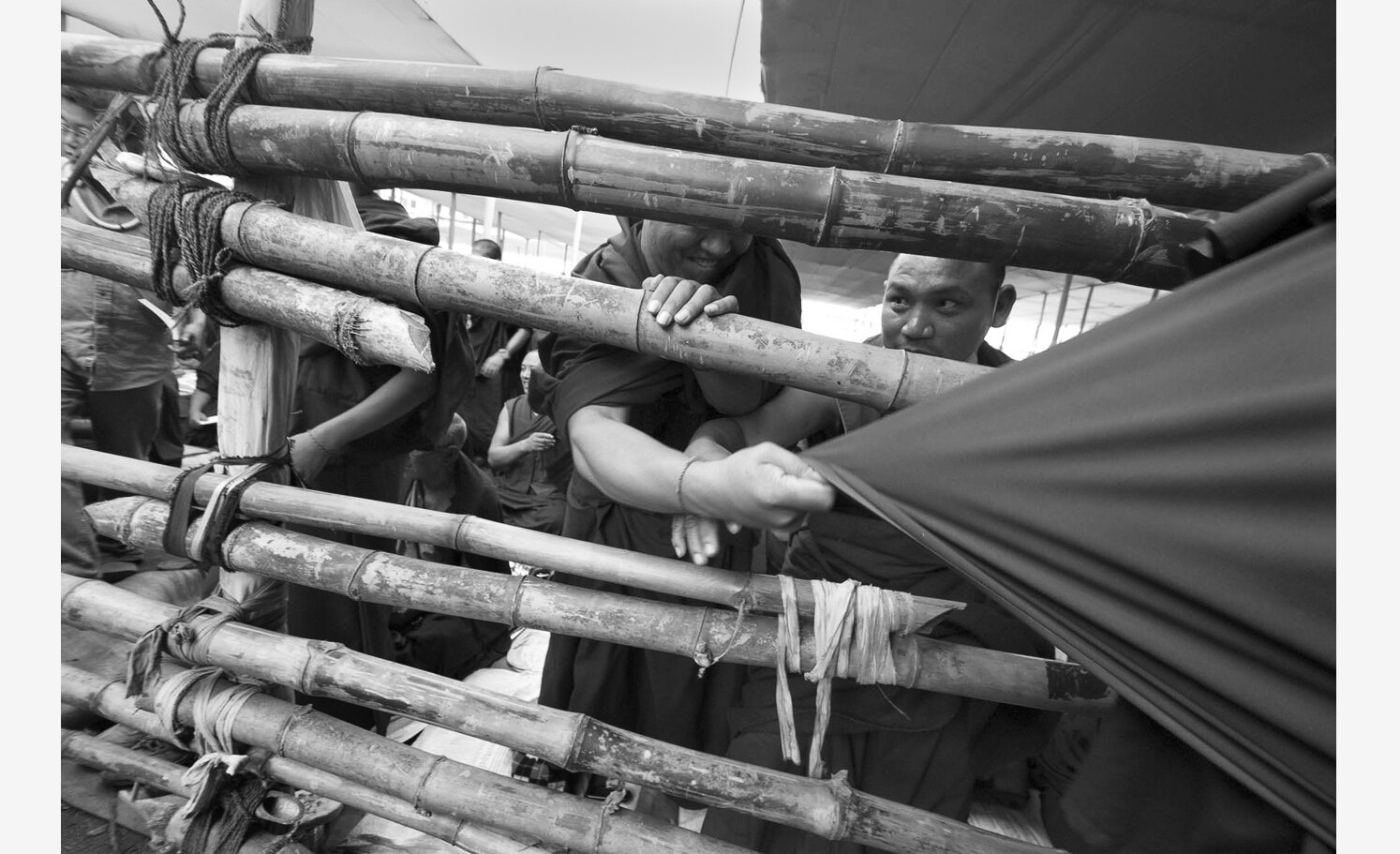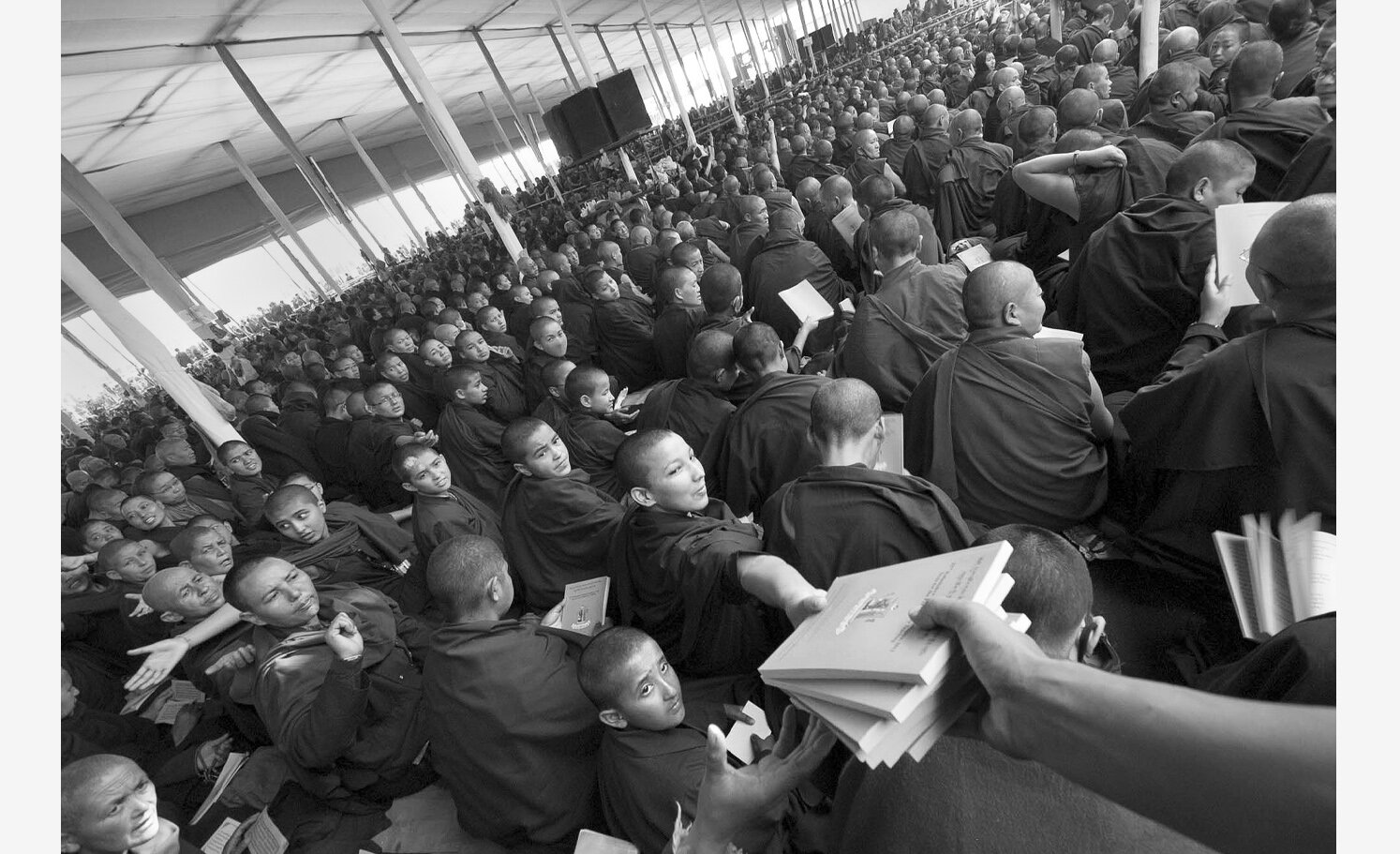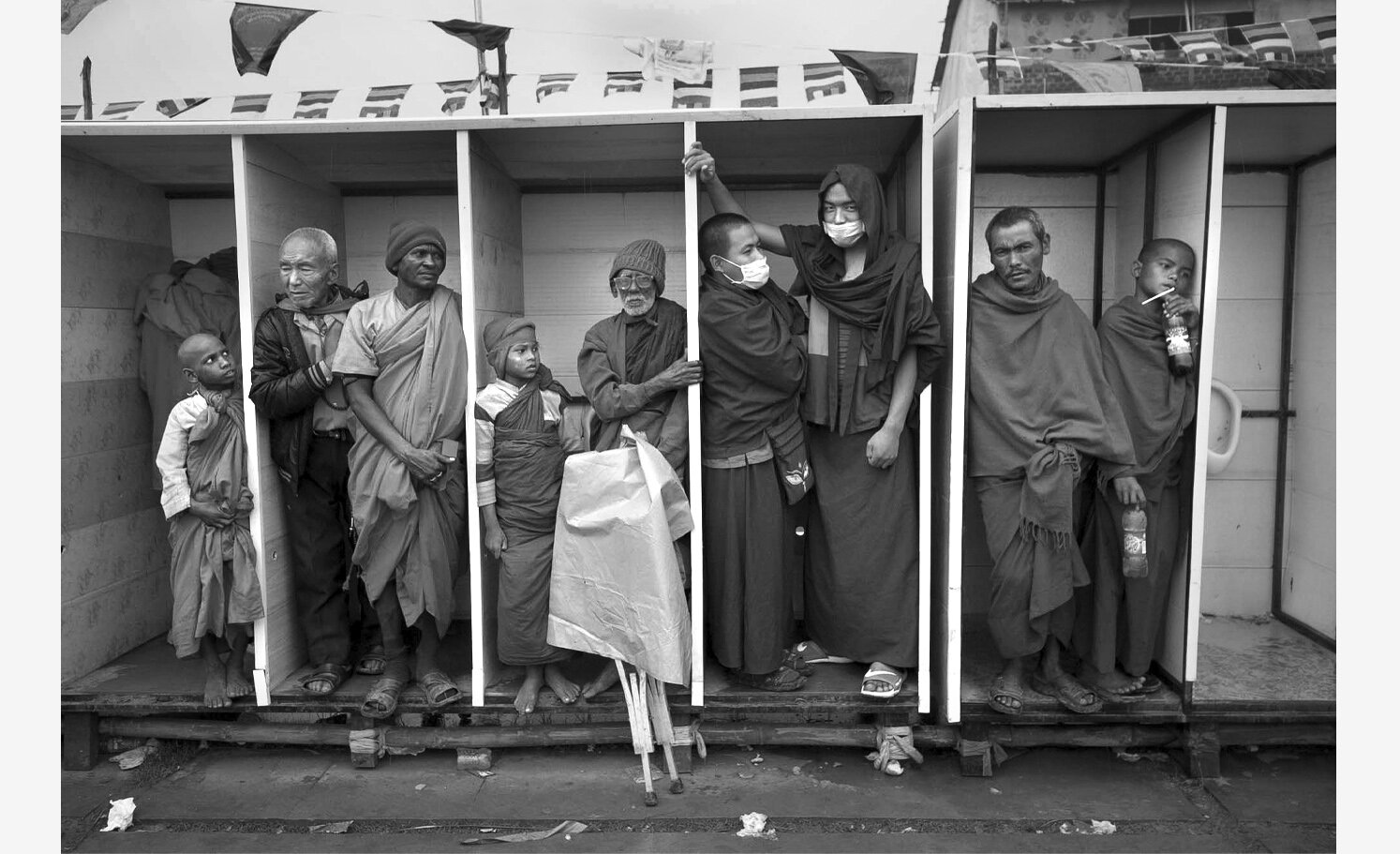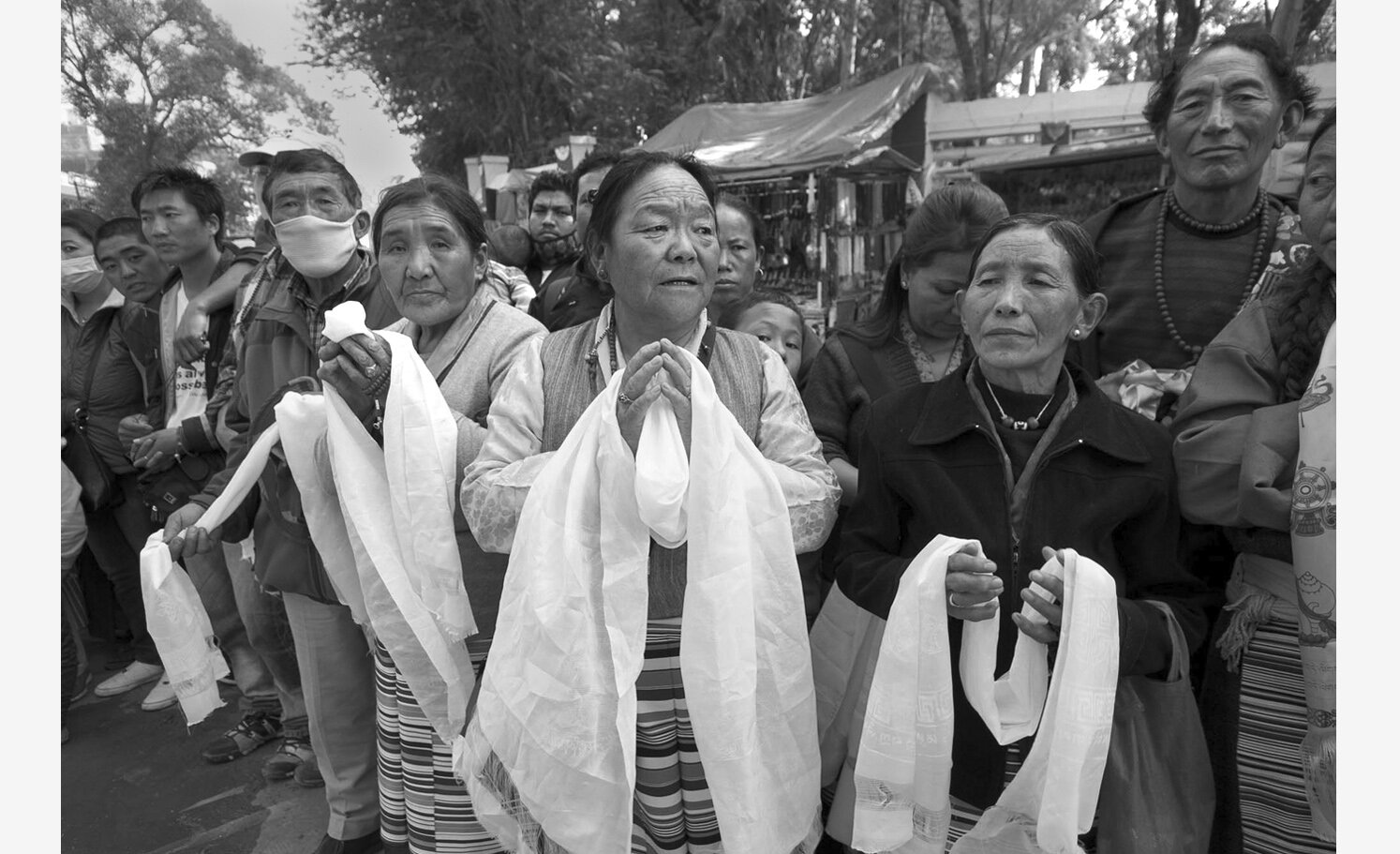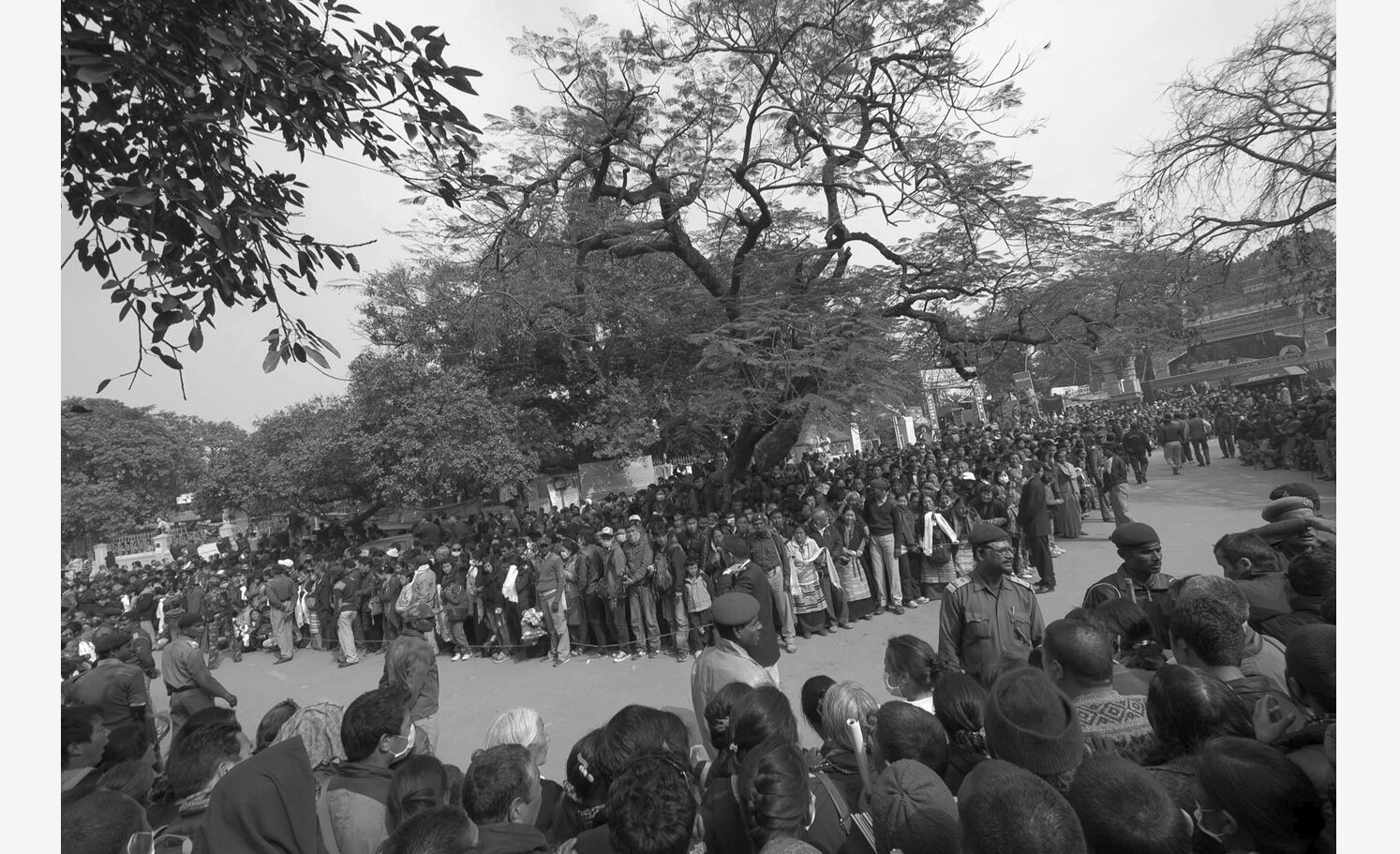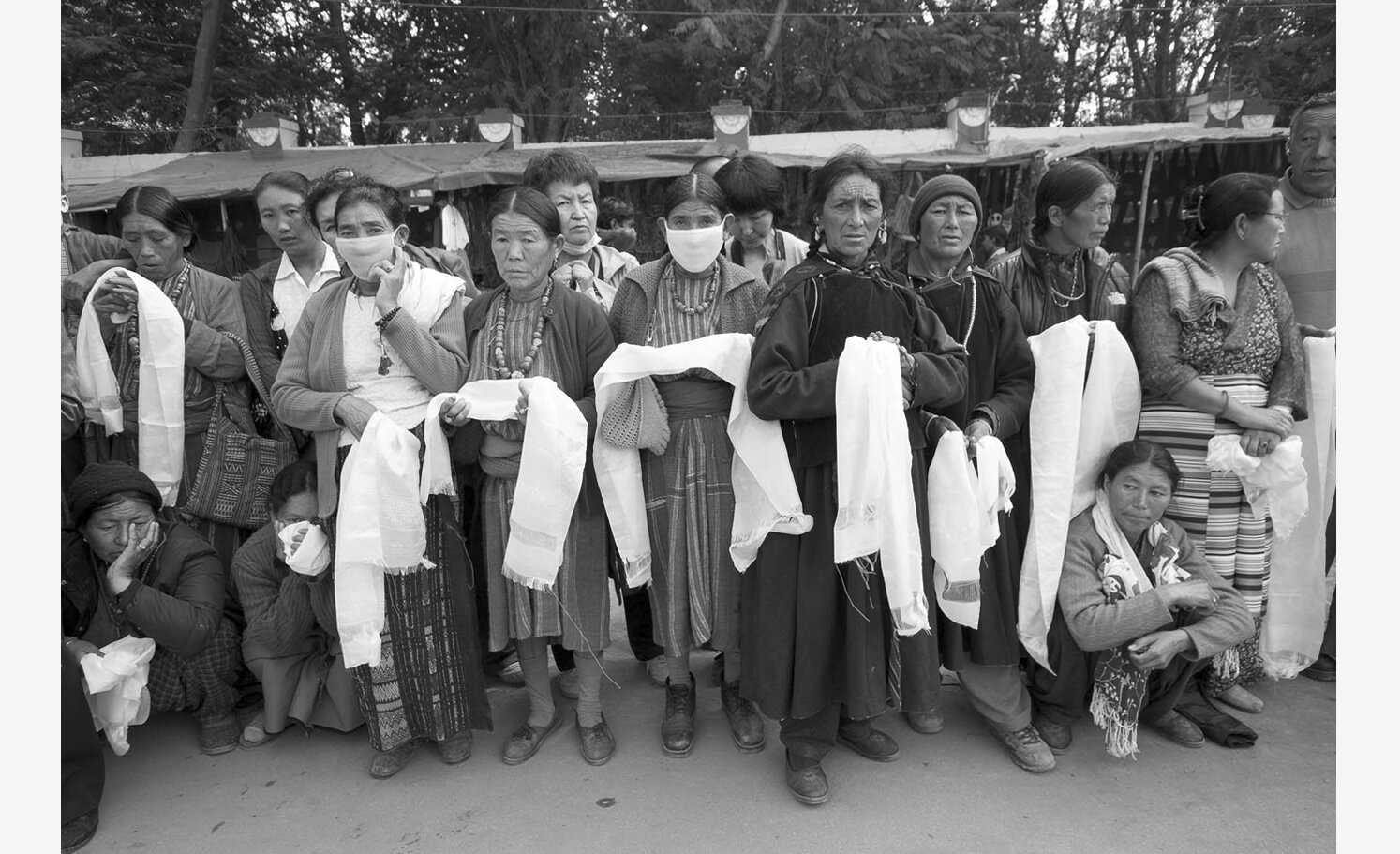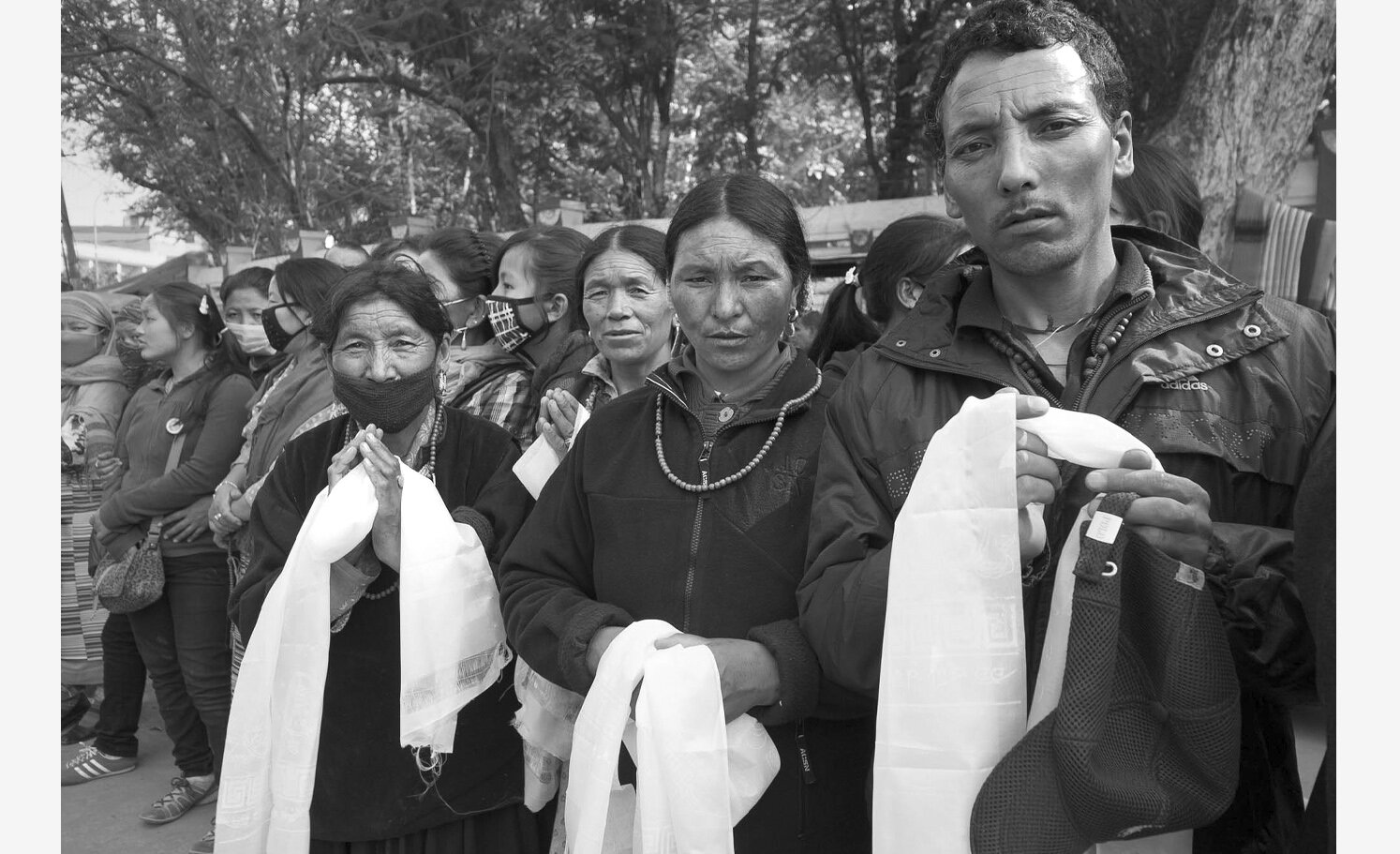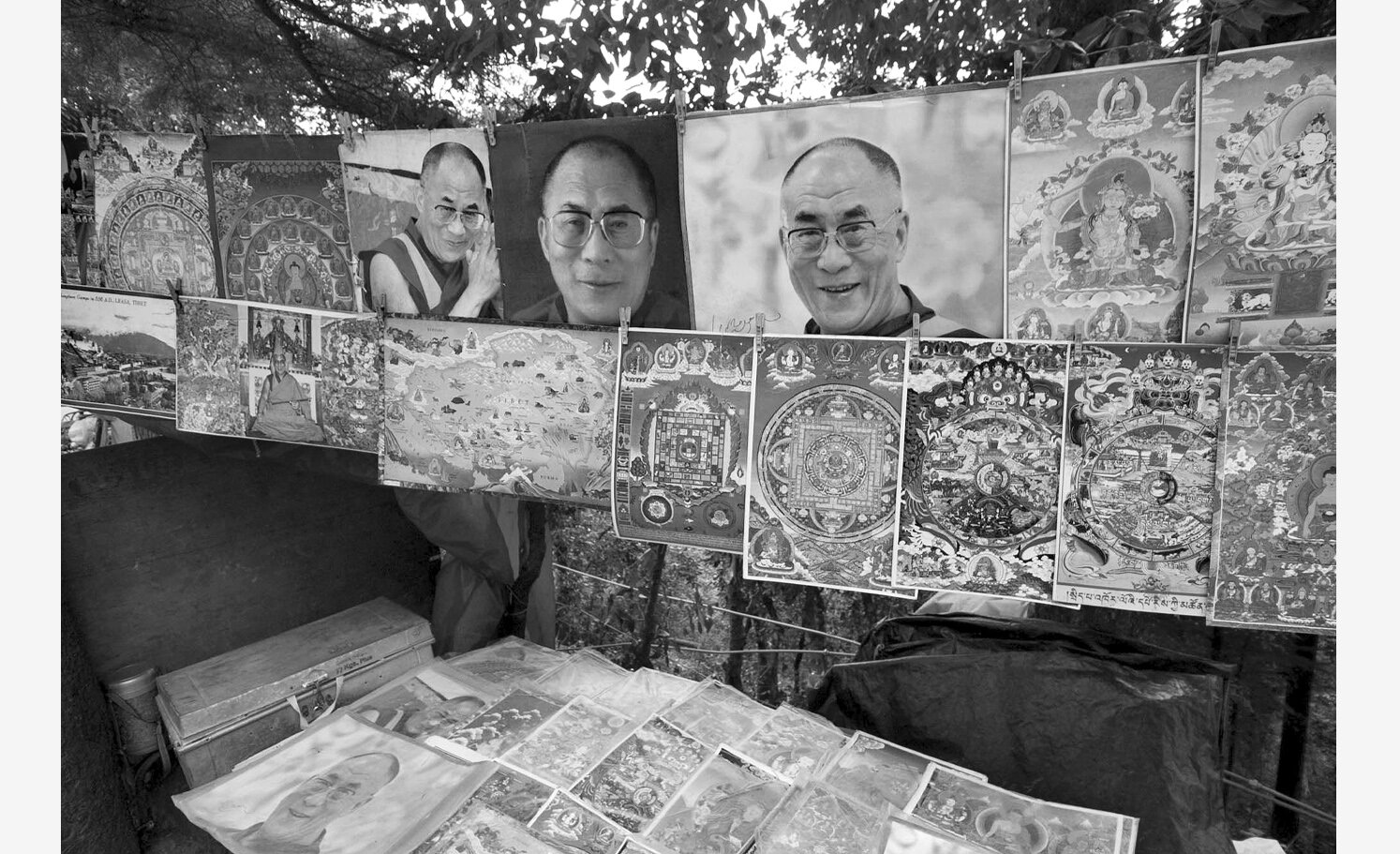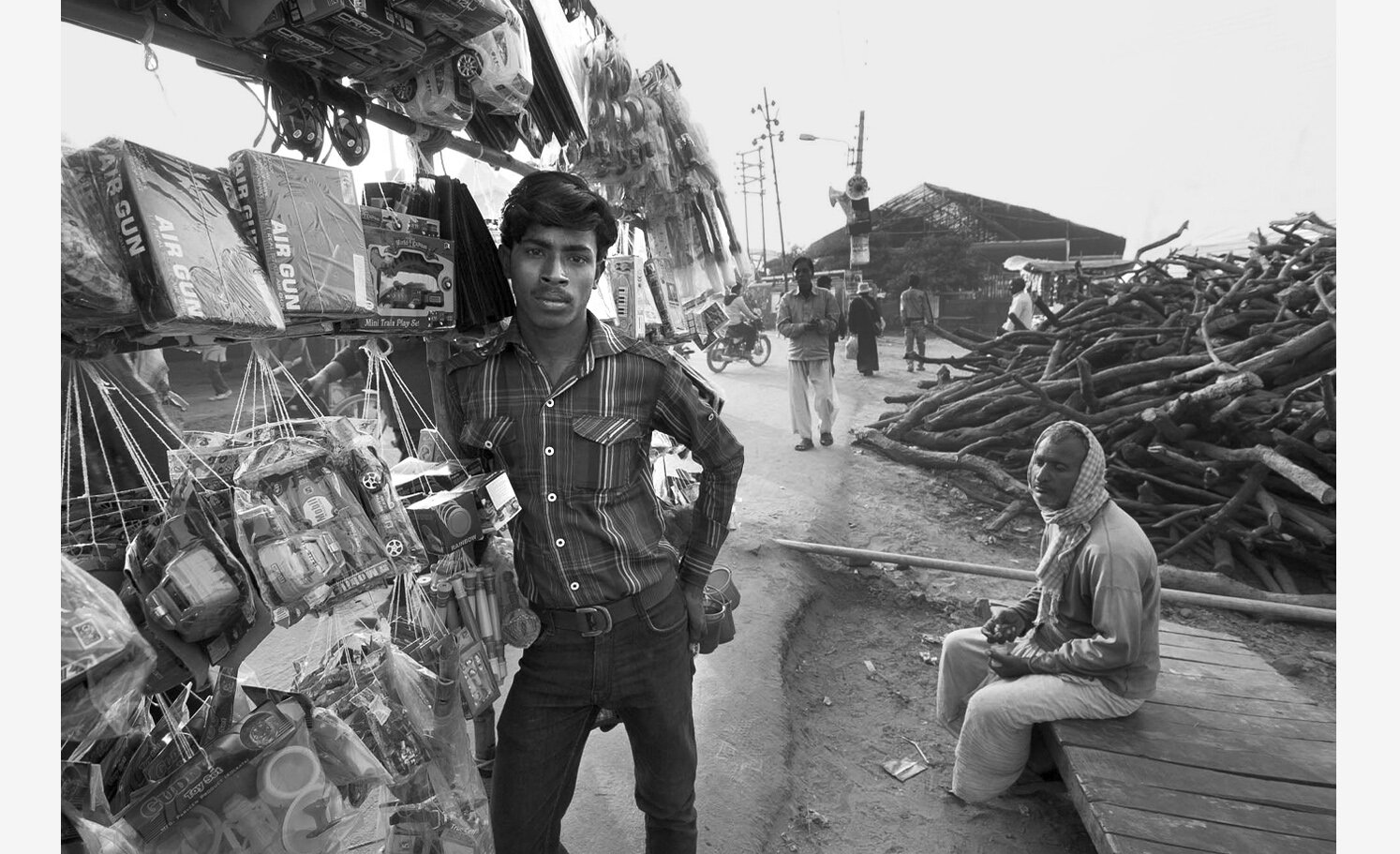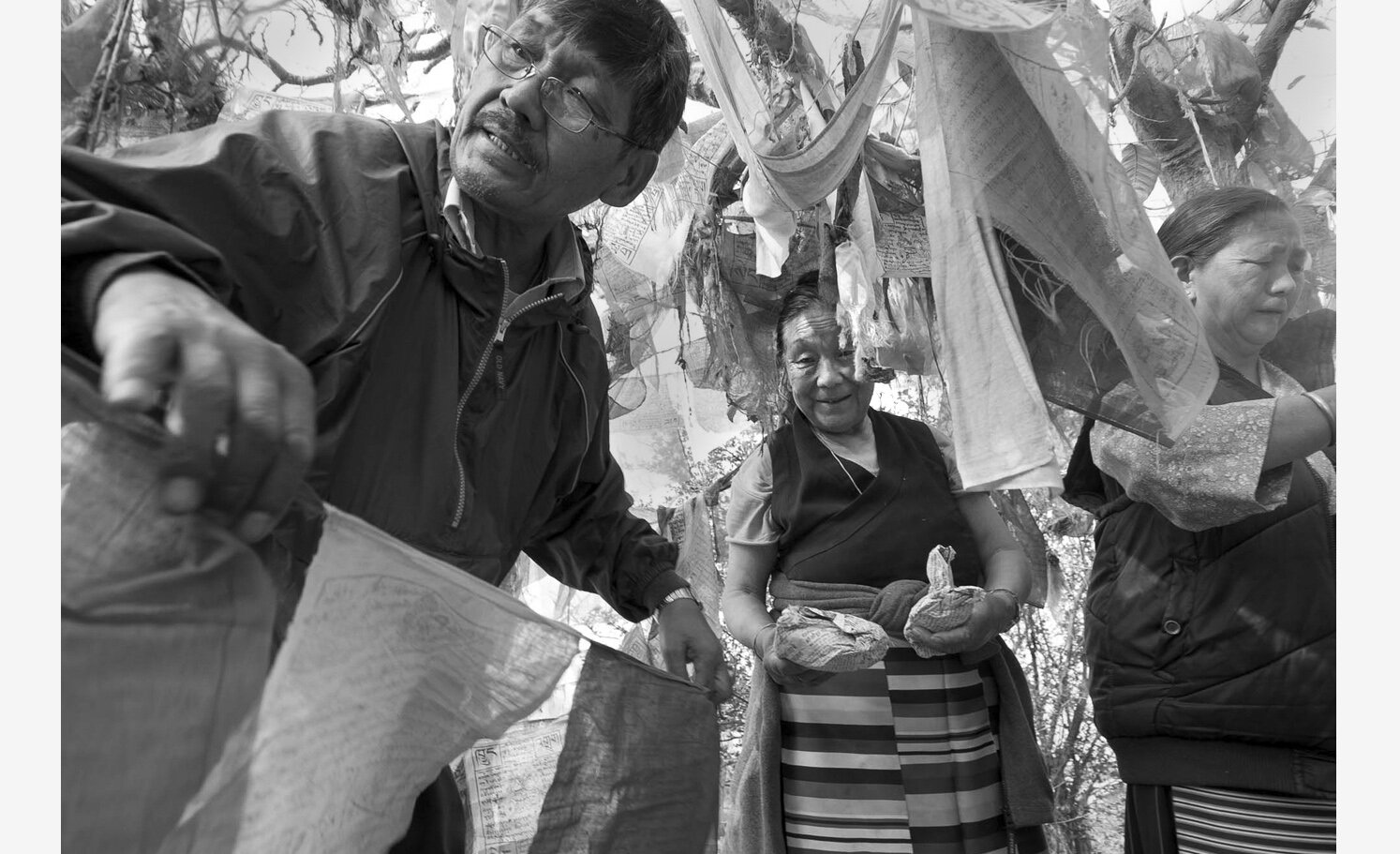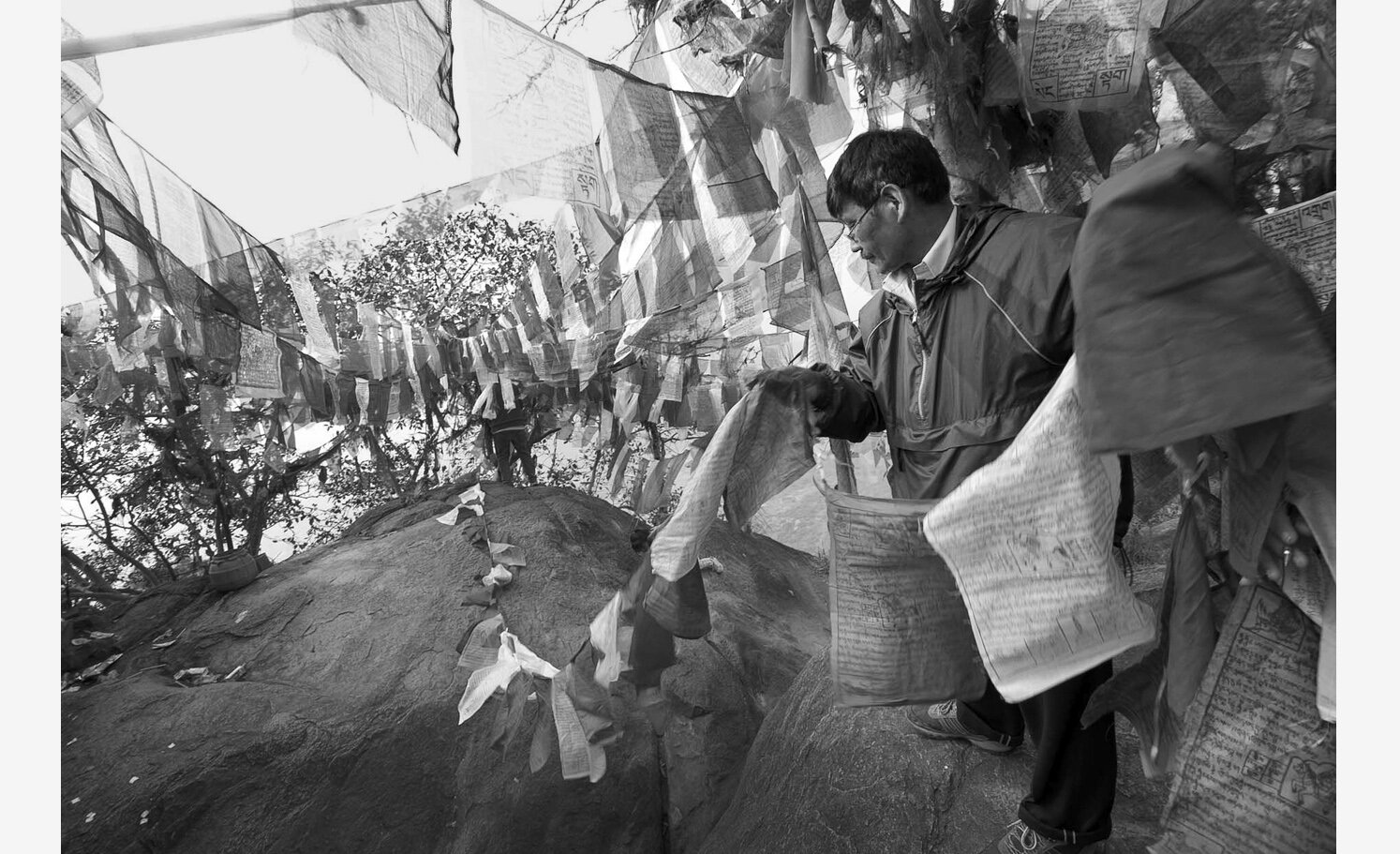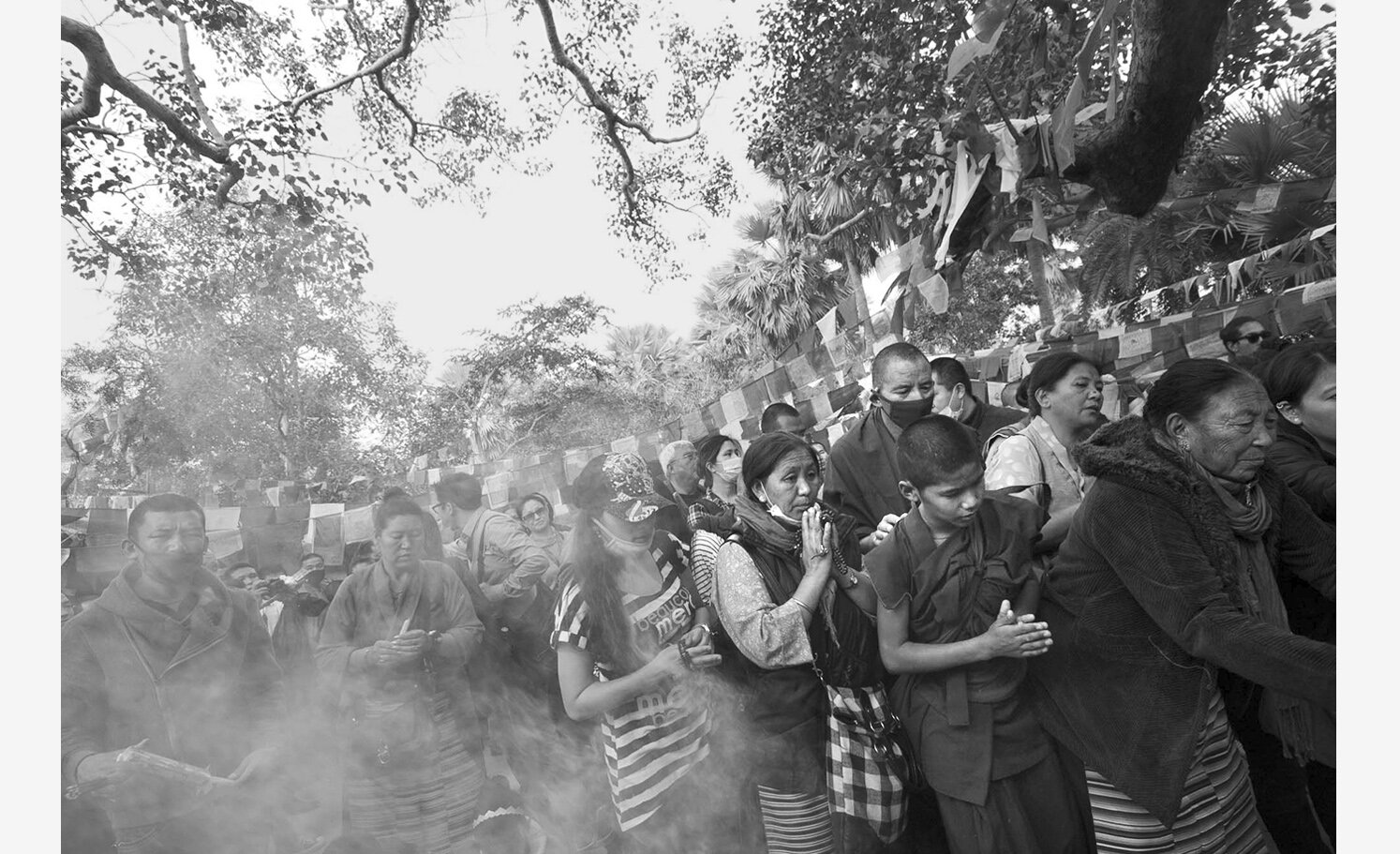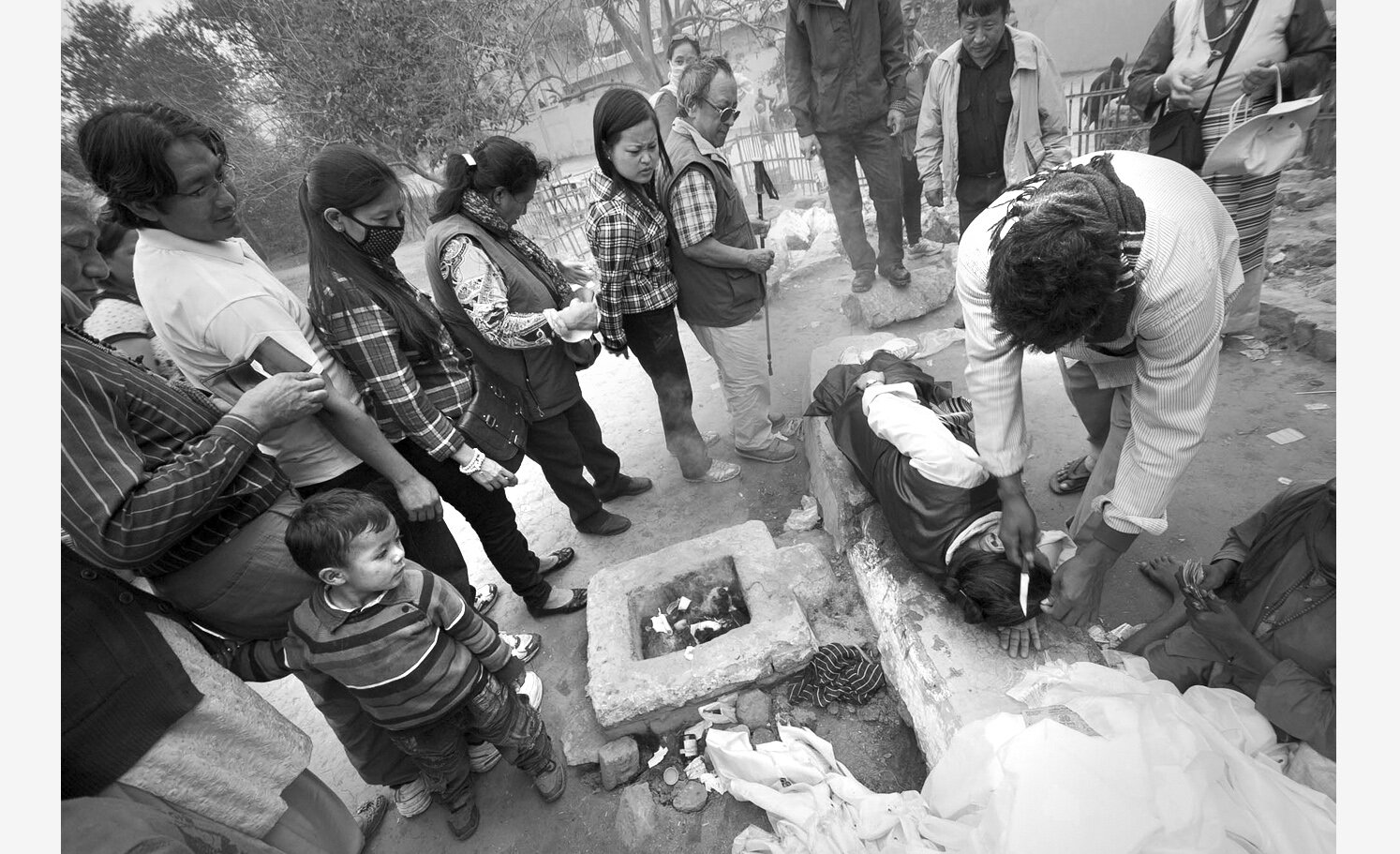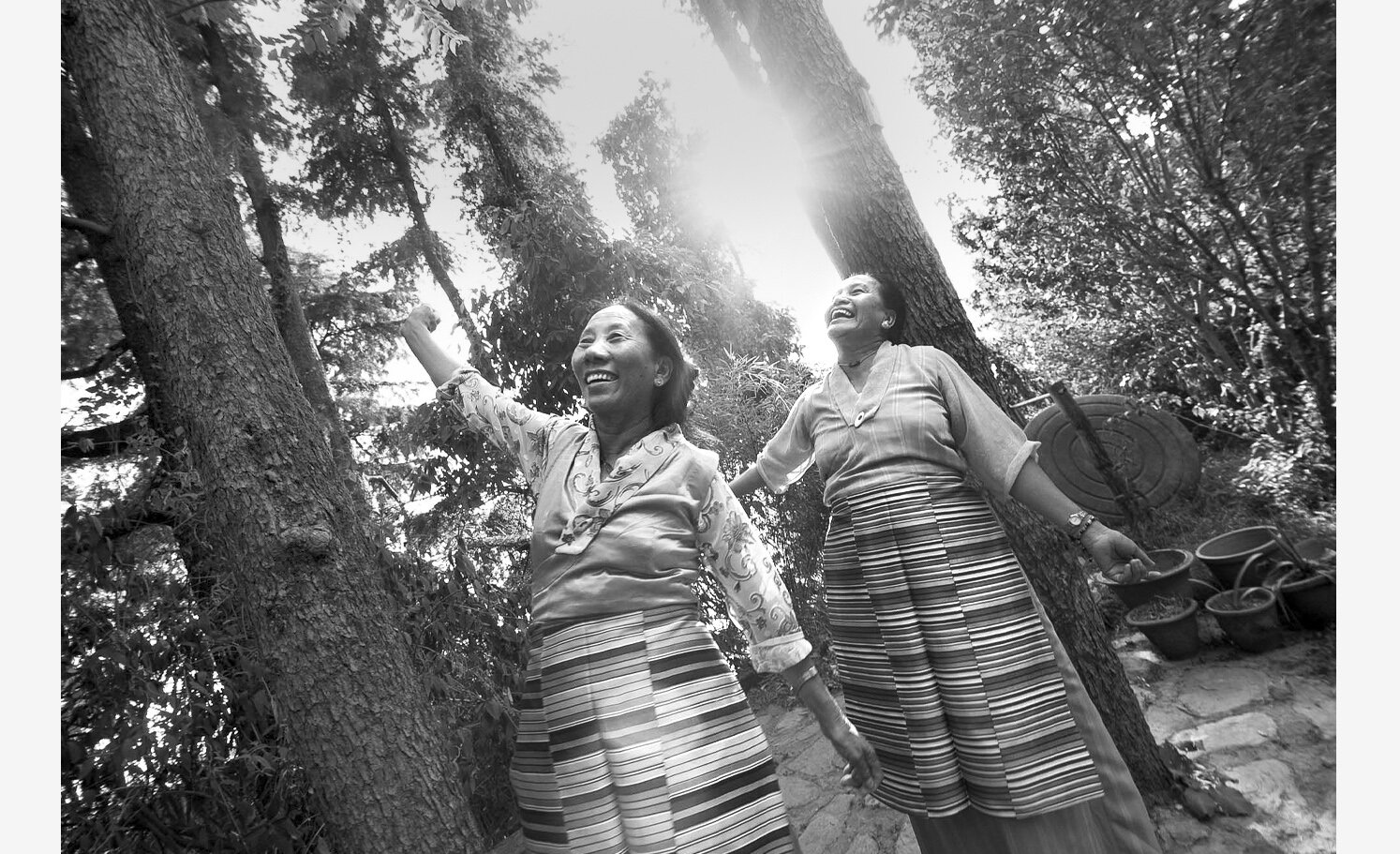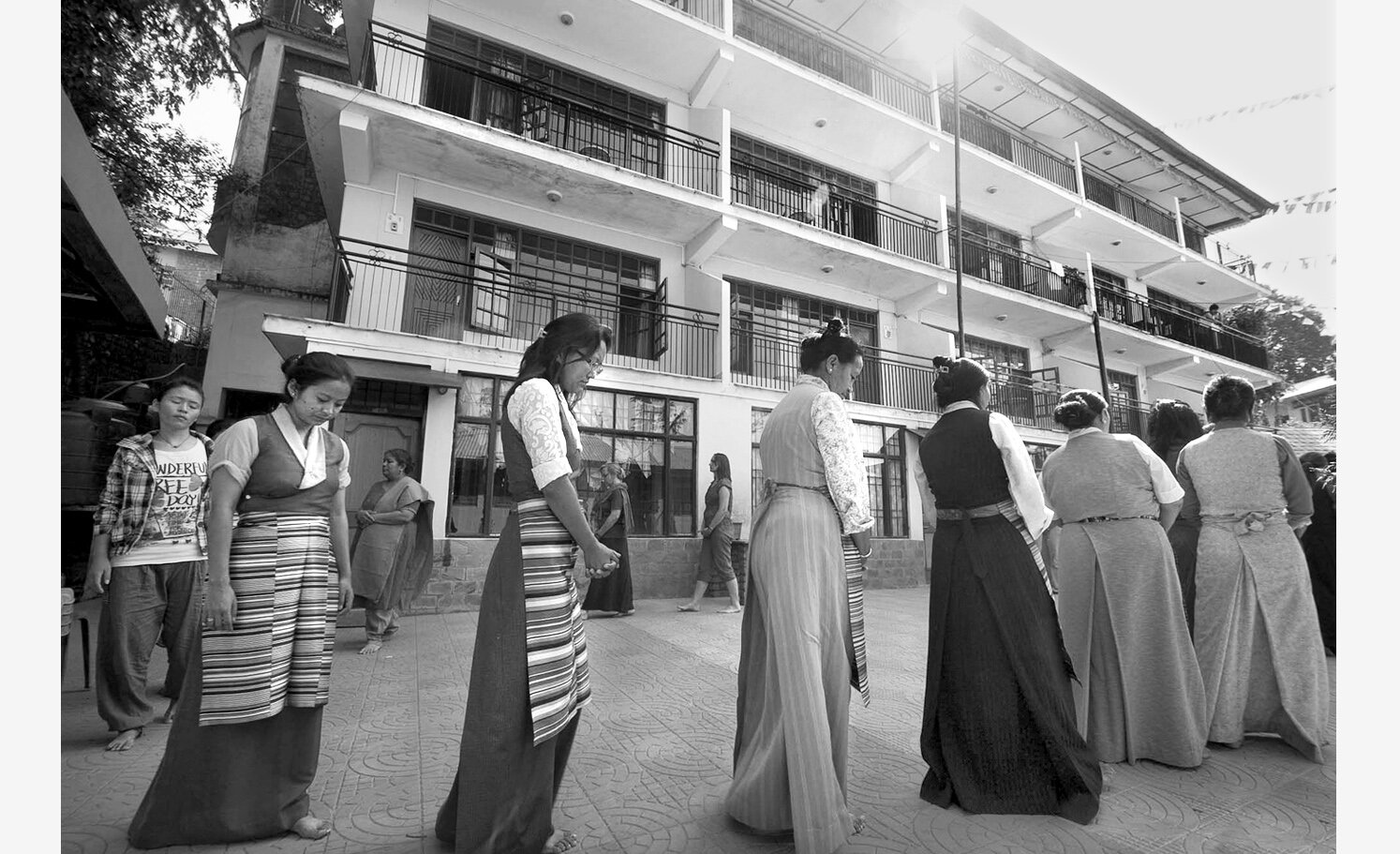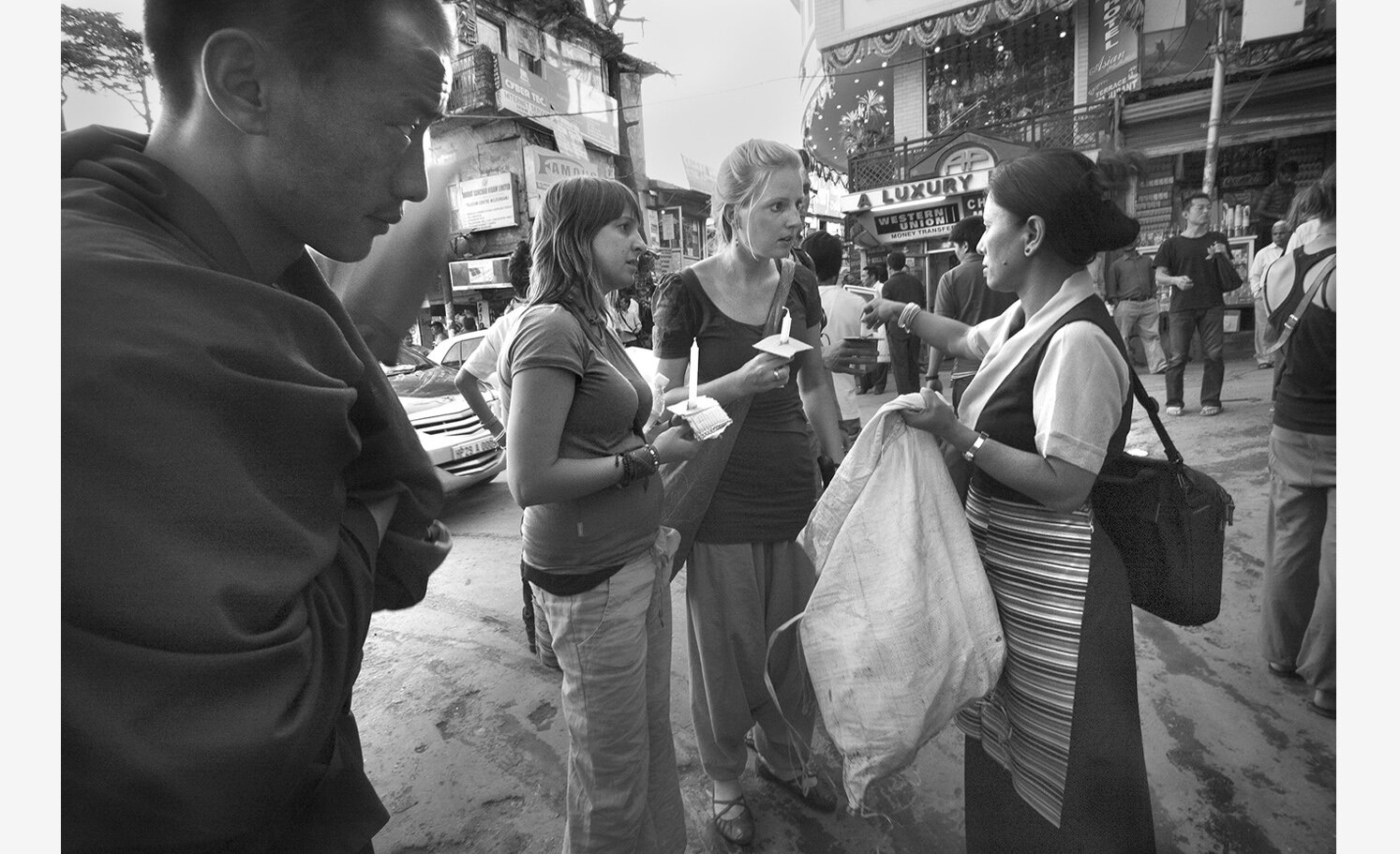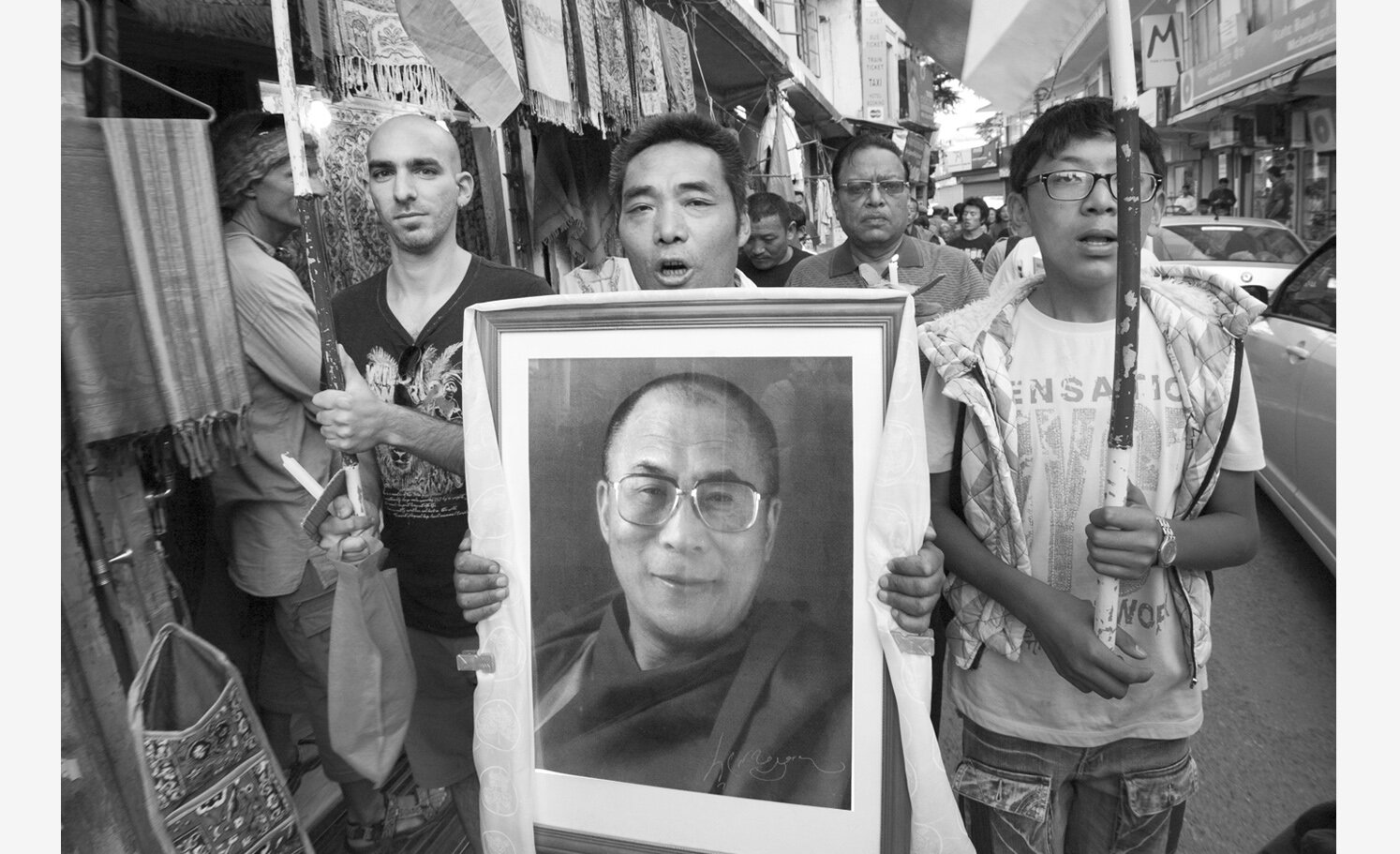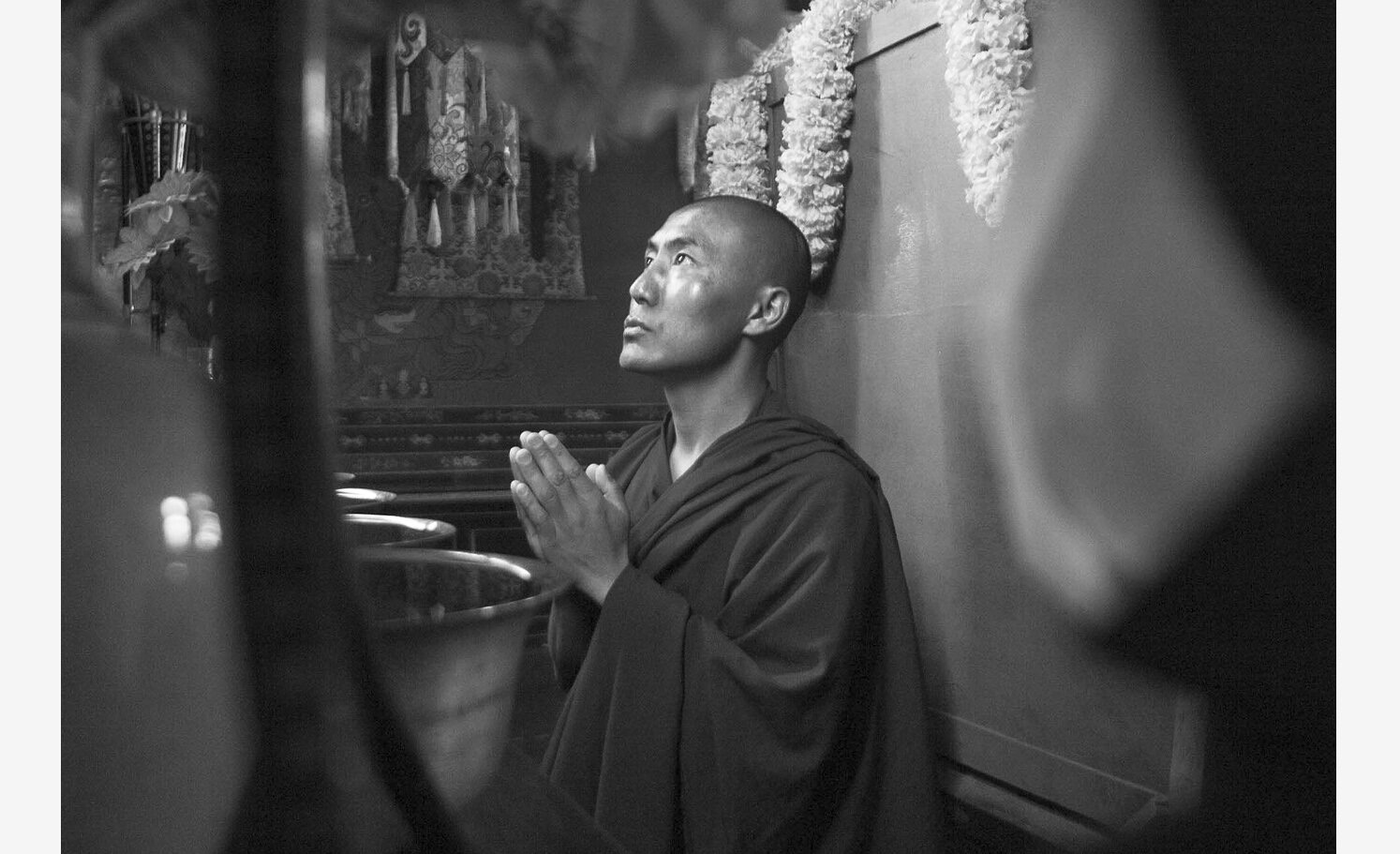After the official formation of the People's Republic of China in 1949, the communist army marched into and occupied Tibet. For centuries the two nations had a long and complex history, however, they were clearly divided by language, culture, and governance. Had China not invaded the contemplative mountain nation, it would have gone on to transition into an independent, modern nation-state in its own right. Following a decade of hostility and failed compromises, the current 14th Dalai Lama fled Tibet to northern India in 1959. Since then, he has won the Nobel Peace Prize and the Congressional Medal of Honor, and risen to a level of global visibility and moral authority matched by few others. He espouses a "Middle Way" policy whereby Tibet would stay under Chinese control, but with meaningful, cultural autonomy; nonetheless, the Chinese communist party accuses him of privately striving for independence. Meanwhile, exiled Tibetans dream of returning home, while also building durable educational, cultural, and health institutions to withstand what could be a generations long wait.
“I had so much hatred, I was unable to see them as human. The Dalai Lama encouraged me to write about my experiences, and if I chose not to blame the Chinese, and I didn't write in anger, my words would have value to others.”
– Ama Adhe, speaking on her 27 years as a political prisoner
The Kalachakra is a traditional Buddhist teaching given by the Dalai Lama periodically, and in recent years conducted within Western cities as well. In 2012, the ceremonial event was held in Bodhgaya, India, the site where the historical/mythological Buddha was said to have first achieved enlightenment under a Bodhi tree. Given the auspicious location, over 200,000 attendees were estimated to have descended upon the small city, including a significant number of Tibetans who traveled clandestinely from within Tibet to be a part of the landmark event. Given the political conflict and Chinese distrust of the Dalai Lama as a "separatist", returning Tibetans were said to have been held within a Chinese interrogation and re-programing camp for months upon their return.
Dharamsala is a small mountain town in northern India within the foothills of the Himalayas. The outpost has been the exile home of the 14th Dalai Lama since 1959 and the site of the Tibetan government in exile, know officially as the Central Tibetan Administration. For decades, as many as a thousand Tibetans defected into India a year to avoid oppression and assimilation by communist Chinese authorities; however, today there may be a reverse flow of Tibetans back into Tibet, but these numbers are hard to accurately follow. Meanwhile, other members of the diaspora attempt to create identities and livelihoods for themselves outside of Tibet; including individuals born into exile, now living throughout India, Europe, Australia, and North America. For most, Dharamsala represents the cultural and political center of the diaspora, which has been nicknamed "Dhasa," a portmanteau between Dharamsala and Lhasa, the capital city of Tibet.
Tibetan Stories: the web series
Visit our dedicated project site at
tibetanstories.org
to view the entire series.
Tibetan Stories 1: The Monastery Cook
Directed and photographed by Carey Russell
Produced by Gaea Logan and Tsering Choedup
Tibetan with English subtitles, TRT: 10 min
Tibetan Stories 4: The Athlete
Directed and photographed by Carey Russell
Produced by Gaea Logan and Tsering Choedup
Tibetan with English subtitles, TRT: 11 min
Tibetan Stories 7: The Lhamo Master
Directed and photographed by Carey Russell
Produced by Gaea Logan and Tsering Choedup
Tibetan with English subtitles, TRT: 17 min
Tibetan Stories 5: The Thangka Painter
Directed and photographed by Carey Russell
Produced by Gaea Logan and Tsering Choedup
Tibetan with English subtitles, TRT: 10 min
